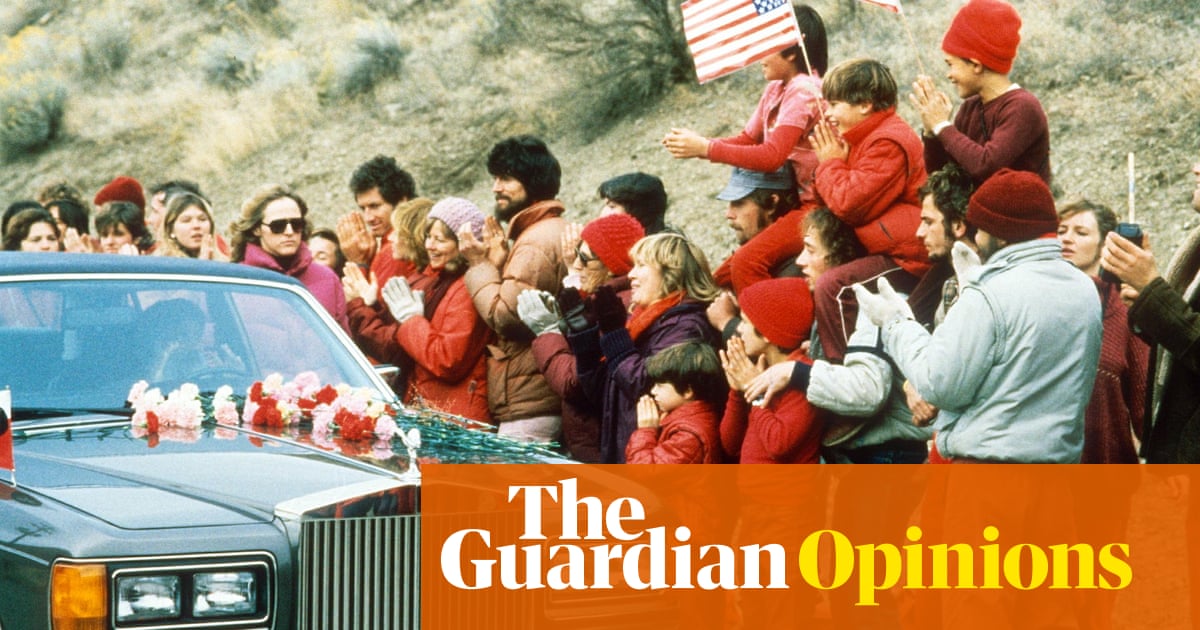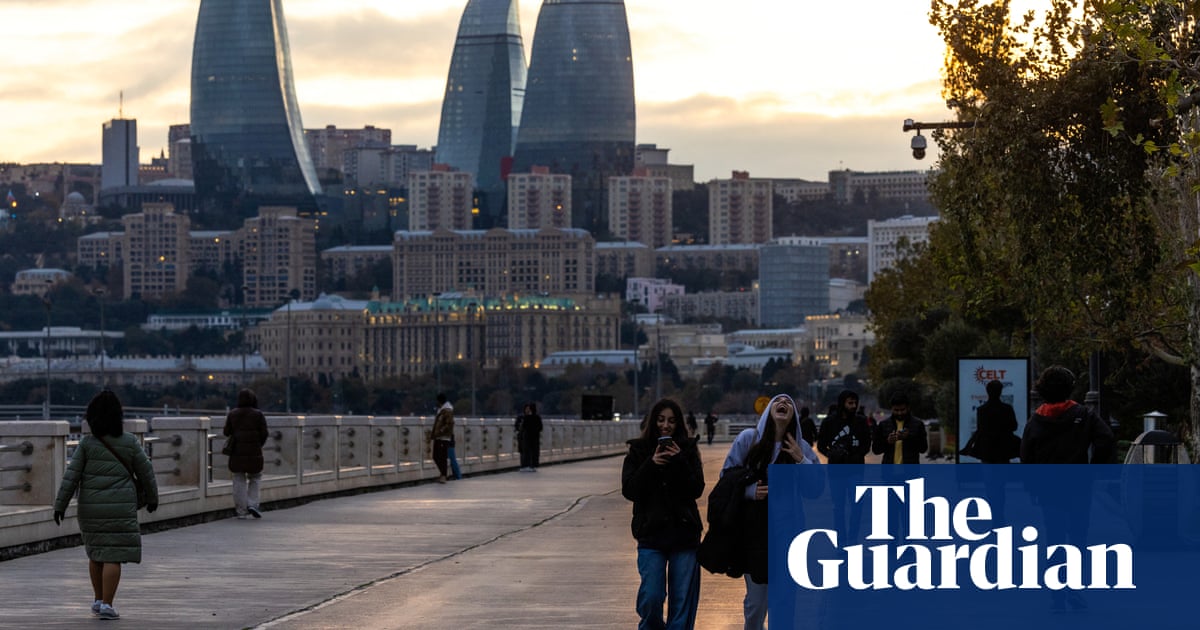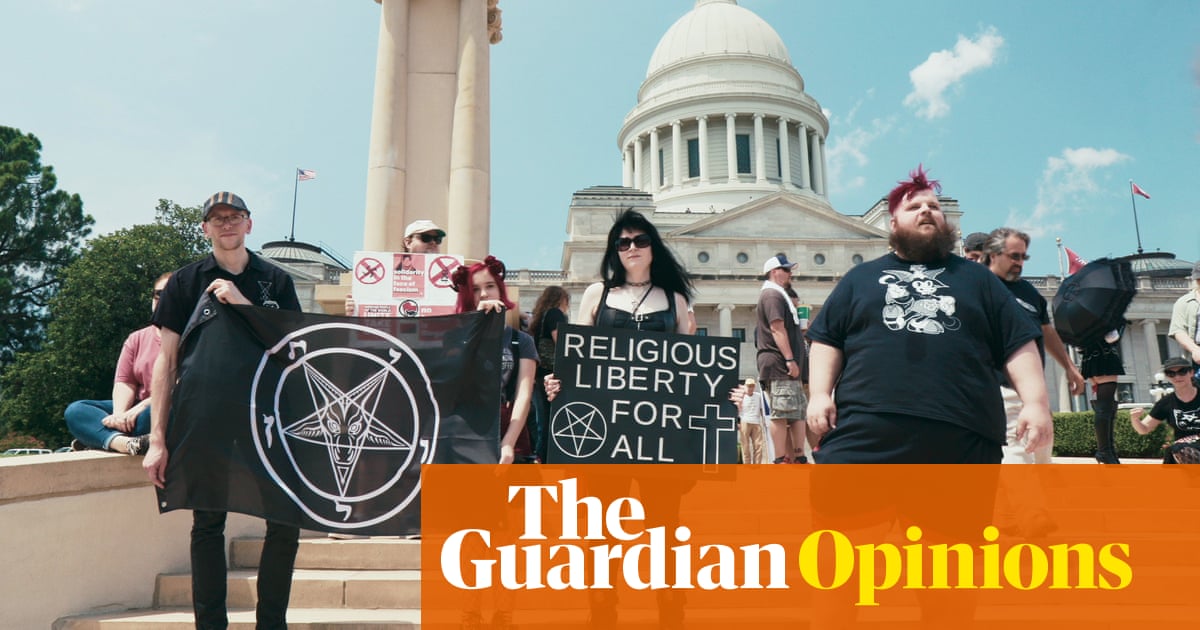In 1978, when I was nine years old, I unexpectedly moved to India with my free-spirited mother, who had recently become a disciple of Bhagwan Shree Rajneesh (later known as Osho). Like others of her generation, she was swept up in the allure of Rajneeshâs promises: enlightenment, freedom and belonging. Osho denounced traditional religion, offering a new path to self-liberation through cathartic meditations and therapy groups, communal living and free love. In the west, they called Osho the âsex guruâ.
Shortly after our arrival at Rajneeshâs ashram, I was initiated into the community and the guru gave me a new name: Ma Prem Sarito. I felt as if I now belonged, and being in the ashram was an exhilarating adventure, a portal to a world where normal boundaries dissolved. School became a distant memory. The lush gardens and nooks and crannies of the ashram were transformed into a playground where my friends and I roamed freely, liberated from structure and rules. My mother, like many other parents, embraced Rajneeshâs philosophy that children belonged not to their biological parents but to the collective. Before long, I moved into the ashram and rarely interacted with my mother.
Though I was loved by many sannyasins (Rajneeshâs devotees) and some looked out for me, there was no formal structure to ensure my emotional or physical wellbeing. Over time, the facade of love and celebration began to crack, revealing darker undercurrents that quietly enveloped me. It began innocently enough â a guard teaching my friends and me how to french kiss. But soon I began to sense the inappropriate attention of certain men.
One day, a man coaxed me and another girl into giving him a hand job. We were both only 10 years old. Though I tried to convince myself it was just a game, a reflection of the open sexuality around us, it felt grossly wrong. Deep down, I knew that unless I remained vigilant, situations like this would continue to occur.
These darker undercurrents entangled me more fully when, in 1981, the commune moved to the US. I was among the first to arrive at the ranch the commune had bought in central Oregon. It was during those early days that I was lured into what I thought was a love affair with a much older man. I was only 12 years old; he was 29. However, what I believed to be love was no such thing.
At the time I suffered silently as he repeatedly drew me in with affection and took me to bed only to ignore me for days as I watched him pursue adult women and, in time, my peers. At the same time, other men circled, and eventually I gave in, as sleeping around and being âliberatedâ was the norm that was modelled to me. As time passed, I felt increasingly worthless and angst ridden, and took my bad feelings to mean I was flawed. We were to be positive, not negative, so I didnât speak of my pain and confusion.
When the commune collapsed in 1985, we were all flung back into the world unprepared. I was 16, disoriented, broke and unsure of who I was. The trauma of my upbringing haunted me, but I couldnât yet name it. As the years passed, I came to see it for what it was and came to see how Oshoâs teachings tilled the soil for abuse â under the guise of spiritual freedom to boot. It sickened me. I distanced myself from the movement, from the teachings, and forged a life of my own.
Then in 2018 Netflix released Wild Wild Country, a docuseries about the community at the Rajneeshpuram complex. Watching it stirred my heartache and my fury. The series brought Rajneesh back into the public eye â but it only scratched the surface, focusing on the political and criminal scandals in Oregon. What about us children?
I gathered my courage and shared about my abuse in a Rajneesh Facebook group. At that time I was too scared to name my perpetrators. I found some support on the group, but many of the responses were the same old things Iâd heard before, such as: âThe kids seemed so matureâ, or, âItâs not like all the kids were abused â itâs just how you choose to see it.â I left that discussion feeling enraged and determined to break my silence outside the insular Rajneesh community. I reached out to several peers I knew had also experienced abuse, hoping they would join me in speaking out.
They all initially declined, but three years later, in 2021, I received an unexpected call from one of them telling me she was finally ready. We began to share our stories, igniting a reckoning in which many other commune youth, and even adults, came forward and shared their own stories of abuse. Each new revelation was heart-wrenching. One of my peers from Rajneeshpuram said she had slept with 70 men, another said 150. This was before either of them had turned 16.
Children from the Rajneesh communes in Europe also spoke up. This is how I came to know Maroesja Perizonius, director of the documentary Children of the Cult. In her post, Maroesja recounted her own abuse in the Rajneesh commune in Amsterdam. For her, it began at the age of 13. Maroesja and I connected and quickly realised we shared the same determination to expose the systemic abuse that had been suppressed for too long. We each embarked on our creative paths: I began writing my memoir, and she set out to make a film that unveils the pervasive abuse carried out in the name of love and light. Though it has taken me decades to find my voice, I stand here today proud to join Maroesja and others to ensure that our stories are finally heard.
-
Sarito Carroll is featured in the film Children of the Cult and is the author of In the Shadows of Enlightenment: A Girlâs Journey Through the Osho Rajneesh Cult, due out this autumn
-
In the UK, the NSPCC offers support to children on 0800 1111, and adults concerned about a child on 0808 800 5000. The National Association for People Abused in Childhood (Napac) offers support for adult survivors on 0808 801 0331. In the US, call or text the Childhelp abuse hotline on 800-422-4453. In Australia, children, young adults, parents and teachers can contact the Kids Helpline on 1800 55 1800, or Bravehearts on 1800 272 831, and adult survivors can contact Blue Knot Foundation on 1300 657 380. Other sources of help can be found at Child Helplines International
-
Do you have an opinion on the issues raised in this article? If you would like to submit a response of up to 300 words by email to be considered for publication in our letters section, please click here.



